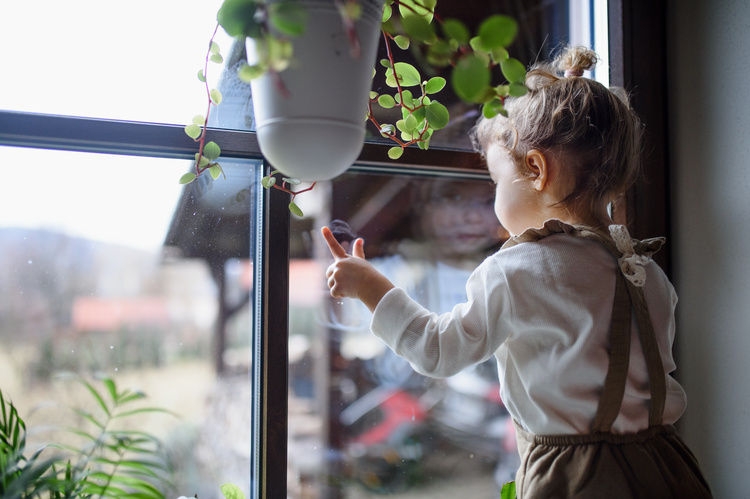‘Mental Health’ refers to the emotional, behavioural and social wellbeing of any person, and this applies to infants and toddlers, too! It’s okay to talk about your child’s mental health; it doesn’t mean anything is wrong.
This article is not a diagnostic tool, and any questions should always be taken to your GP or a children’s mental health professional. However, here is some information that may help you keep an eye on your little one’s mental wellbeing, and some ideas about how to help them build good emotional resources.
Why is mental health important in toddlers?
The early years of life form the foundation for future development; good mental health can help your child to:
- Develop good self-esteem
- Interact well with others and make lasting connections
- Approach life with a positive outlook
- Cope with challenges
- Understand and manage their feelings
How will I know if I need to be worried about my toddler’s mental health?
Some signs that your child may need some support include:
- Sudden behavioural changes lasting more than two weeks
- Change in appetite/refusing food
- Changes in sleeping patterns (sleeping a lot less or a lot more than usual)
- Seeming disinterested in activities they usually enjoy
- Not attempting to have their needs met, i.e. not crying when hungry or in need of a nappy change.
What can I do to help my child’s mental health?
If you are concerned about your child’s mental wellbeing, for example if you notice some of the signs described above, consult with a GP or children’s mental health professional.
Some ways you can give your little one support in developing strong emotional wellbeing can look like:
- Encourage self-esteem by having them make decisions, i.e. ‘Would you like to wear the orange shirt or the green shirt today?’
- Help them feel a sense of achievement and pride by giving them age-appropriate tasks to complete, such as a simple puzzle or picking up their toys.
- Talk about emotions together and help them label their feelings.
- Develop strategies for certain emotions when they learn to label these. For example, when they can identify they are sad, encourage them to talk to you or have a run around to get some endorphins going.
- Have conversations with your toddler, verbal or non-verbal, and actively listen to what they’re saying, or telling you through body language.
- Physical affection can help children feel safe and loved.
- Physical health is tied to mental health! A healthy, balanced diet is important, as is getting enough activity in each day.
- Your toddler’s relationship with you is vital to their early development. Do your best to spend quality time with your little one. Of course, sometimes you will be busy but aim to be present and attentive when you are with your child.
If negative emotions, anxieties or worries are affecting your toddler’s day-to-day behaviour, it could be time to talk to a professional about their mental health. Everyone gets upset, anxious, or angry some of the time! This is all part of being human. However, if these kinds of feelings seem to be impacting your child’s development, you should seek help. Being attentive to your child’s wellbeing early on can help you in staying on top of their emotional growth!



